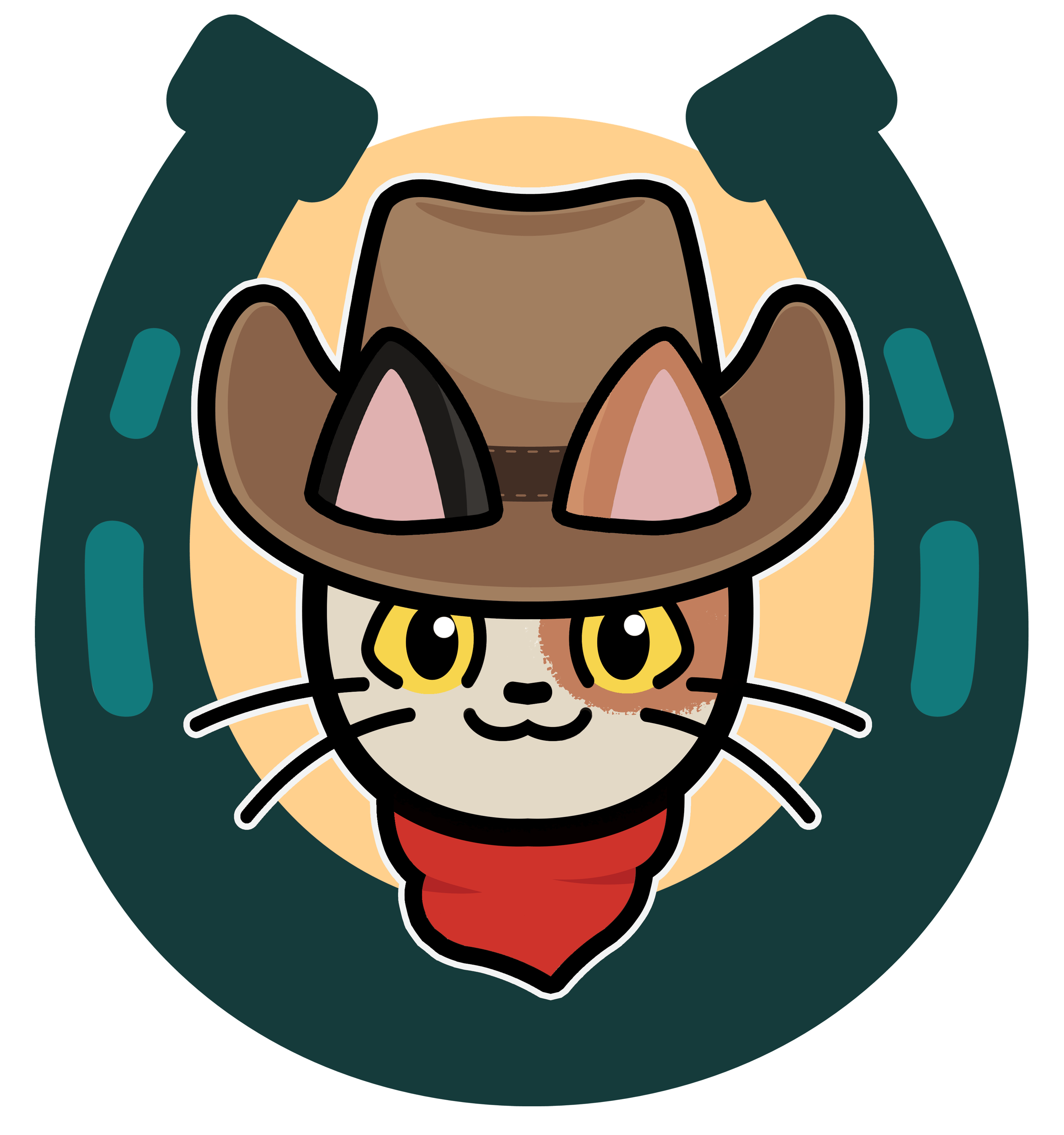
We're not a huge rescue, nor do we aim to be. But what sets us apart from other amazing rescues out there?
We answer most calls for help, investigating situations and trapping on location. If it's not a situation that requires trapping, we do the best we can to hook people up with the resources and education they need to solve their problems.
Some feral cats come into our care injured or with chronic problems, and after we assess our options, we sometimes keep these ferals in our care instead of releasing them, and transition them into barn cats where applicable.
We're very fortunate to be located on a lovely ranch in the Verdugo mountains, which gives us the space to operate and the privacy to care for and rehabilitate our animals.
In the Los Angeles sprawl, there are cats – so many cats! With the warm weather, these cats make babies, and before you know it, there are millions of unfixed feral cats running around! In such a huge city with limited rescue resources, and with shelters bursting at the seams, the cat situation on the streets is dire. La Tuna Cat Ranch is a 501(c)(3) rescue that acts as a pressure release valve for the situation on the streets: TNR'ing, housing, rehabilitating, fixing, and adopting out kittens and cats from underserved corners of Los Angeles. We are located on a small, idyllic ranch property in Sun Valley, CA, which is perfect for our kenneling and adoption needs.
La Tuna Ranch, Inc: TAX ID 93-4184947
Our rescue finds many adoptable animals from TNR operations we do across the city of Los Angeles. TNR stands for Trap-Neuter-Release, and entails trapping primarily feral cats on the streets, fixing them and giving them their shots and dewormers, and releasing them back to their environment. A detailed description of the process, as well as the philosophy behind it, can be found on the Stray Cat Alliance website.
Of course, when we're trapping on the streets, we come across mamas with kittens, as well as dumped pet cats. These we bring into foster care. If there's a mama involved, we may temporarily keep her long enough to finish raising her babies, then spay her and release her. If we suspect the animal we've caught is a pet cat, we will check for microchips and local missing cat listings. If nothing turns up, we'll chalk it up to the animal being dumped, a common occurrence in a city as large as LA (and more common in the current economic climate). For kittens older than 12 weeks, we will do an assessment to see if they are rehab-able and can become pets. On rare occasions, feral cats that have chronic injuries or conditions we will find homes for as barn cats, since they would have trouble surviving on the streets.
We rely on a tight-knit network of foster volunteers to house and rehabilitate many of our rescues. In loving home environments, these animals can thrive and become more adoptable. We are always looking for more fosters so we can save more feline lives. If you're interested in becoming a foster volunteer, you can learn more about the process here. We are also always looking for socialization volunteers and On-site volunteers at our small rescue operation on our ranch.
Once the animals are in our care, and once they're healthy, we begin the process of finding them their perfect forever homes! In addition to adoption, we offer rescue-to-adopt for adopters who would like to try out their kitties in their home environment to see if they're the perfect fit.
Tucked into the Verdugo mountains at the northeastern edge of Los Angeles, our ranch has existed since the 1930s, and has had many forms over the years. It had once been an all-around homestead, and then a private horse training facility. The previous owners wanted it to go to someone who worked with animals, and were thrilled to sell it to the owner to use for animal rescue. Here we are safely tucked away and free to rehab and care for our kitties.


Bear, an Alabai (Central Asian Shepherd)

Cookie, an Armenian Gampr
Being so close to the Verdugo mountains means lots of coyotes, and sometimes even a cougar! The huge pack of coyotes that regularly roams our canyon are very smart and crafty, so it wasn't enough to fence the property securely. Though our rescue cats are kept safely inside, we decided it would be best to protect the property with some more old-school help: livestock guardian dogs.
Our first guardian dog, Bear, is an Alabai (aka Central Asian Shepherd) and clocks in at 180lbs. He's goofy with us, but takes his job extremely seriously. When visitors come to the ranch, he is put back in his chill-out yard.
Our second guardian dog, Cookie, is an Armenian Gampr, and clocks in at 100lbs (or will once she's grown up!). She also takes her job seriously, but is a little more personable with visitors. Just don't expect her to give you kisses!